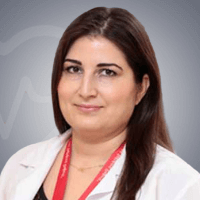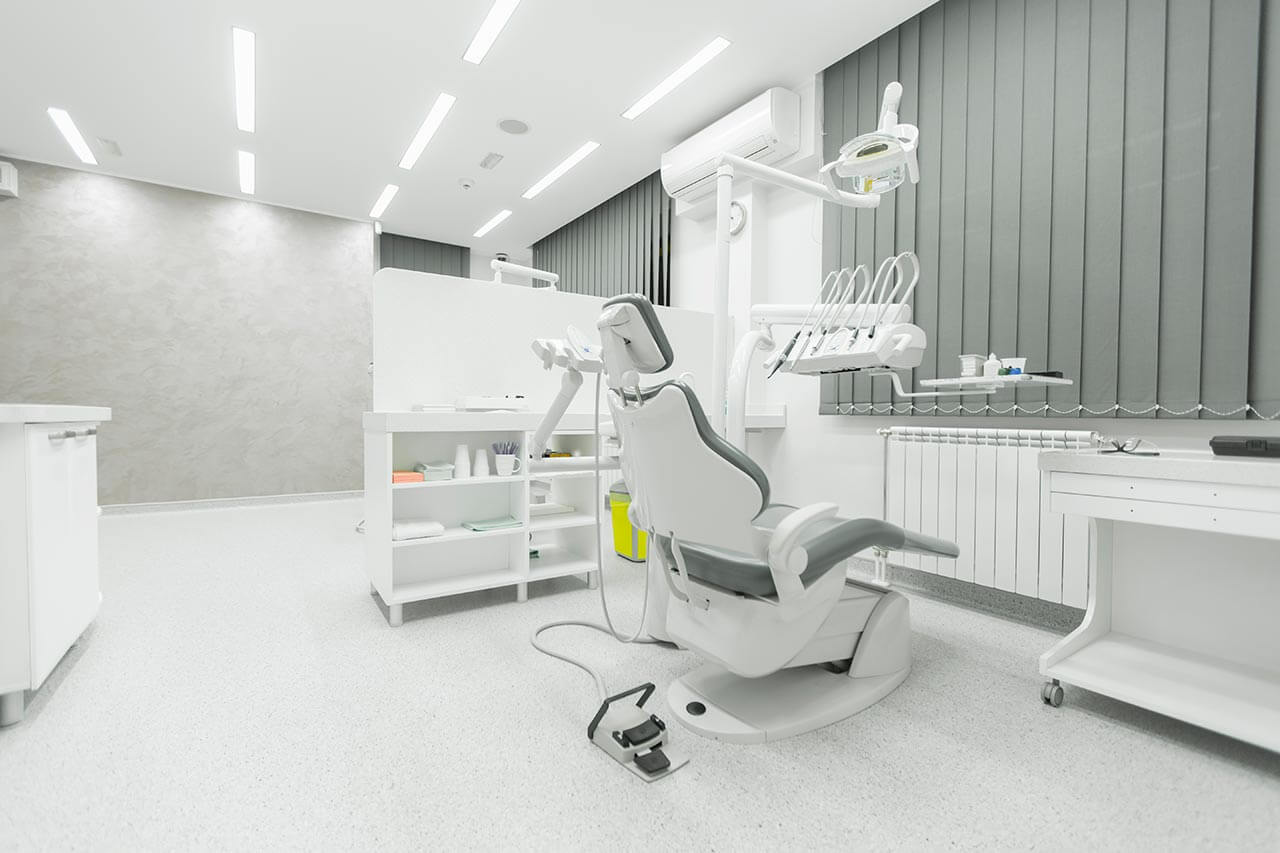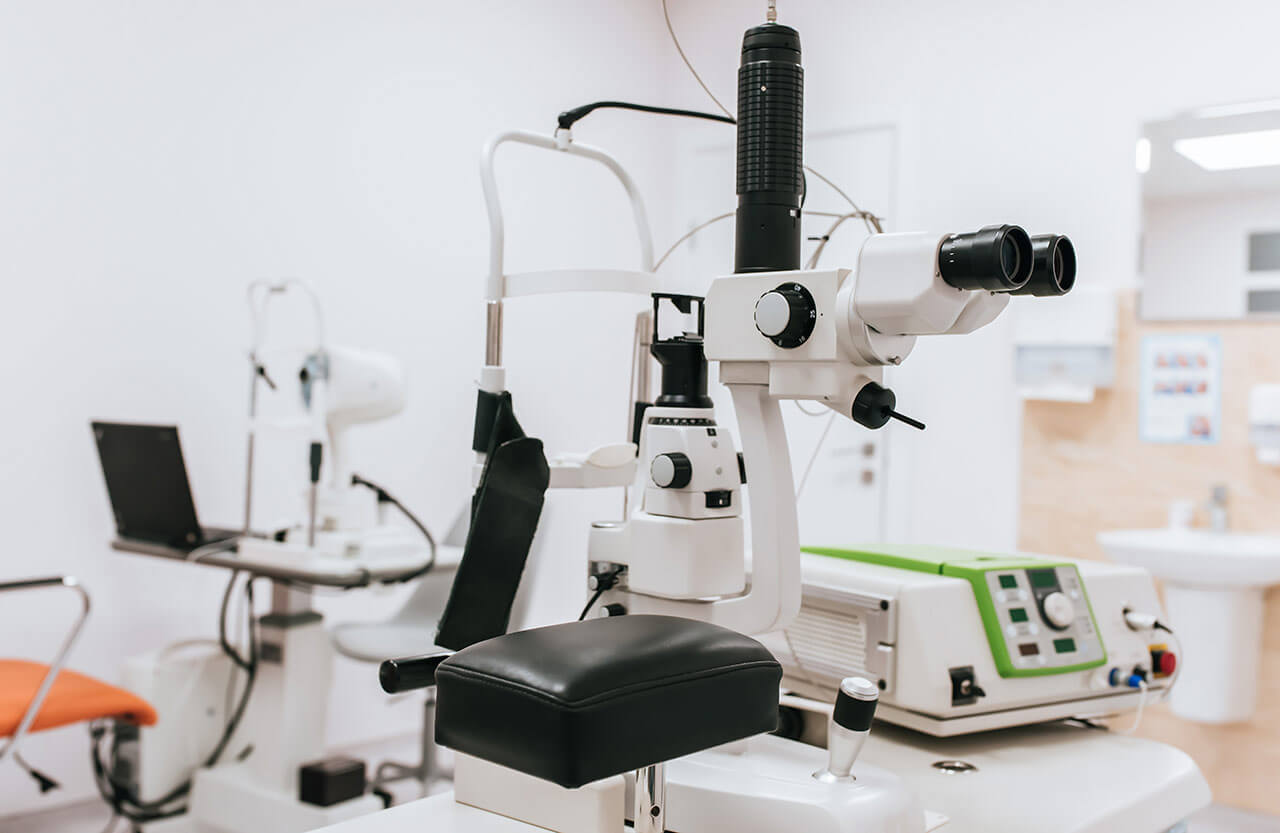
The program includes:
- Initial presentation in the clinic
- clinical history taking
- review of medical records
- physical examination
- laboratory tests:
- complete blood count
- biochemical analysis of blood
- indicators of inflammation
- indicators blood coagulation
- ophthalmologic examination:
- slit-lamp examination
- optical coherence tomography OCT
- pupil function tests
- ocular motility test
- ophthalmoscopy
- perimetry (visual field test)
- computer perimetry
- visometry (without correction and with correction)
- keratometry
- pachymetry
- refractometry (objective, subjective, cycloplegic)
- autorefractometry
- non-contact tonometer
- biomicroscopy
- services of chief physician and all leading experts
- preparation according to preoperative standard
- LASIK
- explanation of future recommendations
Required documents
- Medical records
Service
You may also book:
 BookingHealth Price from:
BookingHealth Price from:
About the department
The Department of Adult and Pediatric Ophthalmology at the Memorial Atasehir Hospital Istanbul offers the full range of diagnostic and therapeutic services for patients with diseases of the eye and its appendages. The department's specialists have tremendous clinical experience in the field of medical care for patients of various age groups – from young children to the elderly with severe visual impairments. The department is headed by Prof. Dr. med. Asli Umut Dinc.
The medical team of the department regularly demonstrates excellent treatment success rates. An important role is also played by the progressive medical equipment, which allows the doctors to provide the accurate diagnostics and the most effective treatment, including surgery.
Depending on the patient's complaints, the doctors perform such diagnostic tests as autorefractokeratometry, tonometry, including applanation tonometry for intraocular pressure measurement, biomicroscopy, direct and indirect ophthalmoscopy, etc. The diagnostic results are stored in a special database on a computer device, so that the doctors can easily access them, if necessary.
According to the examination results, the ophthalmologist prescribes the optimal treatment regimen. If possible, the doctors try to solve the vision problem conservatively – with the help of drugs and laser techniques, but if this approach does not give positive dynamics, they resort to surgery. The advanced medical and technical base of the department allows them to perform almost all common interventions, which are available in modern ophthalmology, including cataract surgery (the most common procedure is sutureless phacoemulsification under eye drop anesthesia), glaucoma surgery, vitreoretinal surgery of the retina and vitreous body, refractive eye surgery, corneal transplantation and other procedures.
The primary tasks of the team of pediatric ophthalmologiests include vision screening in children from the first months of birth in order to exclude congenital cataracts, glaucoma, tear duct obstruction and other disorders. At the age of 1 year, a special examination is also carried out in order to exclude strabismus. In the case of detection of visual impairment, the doctor selects the most effective treatment option that will help maintain or improve the vision of a child. An important focus of the specialists in paediatric ophthalmology is also the treatment of retinopathy of prematurity, which often develops in premature infants weighing less than 1500 g. The doctors have exceptional experience in this field.
The main clinical focuses of the department include:
- Diagnostics and treatment of cataracts
- Diagnostics and treatment of glaucoma
- Diagnostics and treatment of retinal detachment
- Diagnostics and treatment of conjunctivitis
- Diagnostics and treatment of keratoconus
- Diagnostics and treatment of dry eye syndrome
- Diagnostics and treatment of diabetic retinopathy
- Diagnostics and treatment of eyelid diseases (blepharitis, chalazion, xanthelasma, ectropion, entropion, etc.)
- Diagnostics and treatment of refractive errors (myopia, hyperopia, astigmatism, presbyopia)
- Diagnostics and treatment of eye tumors
- Diagnostics and treatment of eye injuries
- Diagnostics and treatment of ophthalmic diseases in children (congenital cataract, congenital glaucoma, tear duct obstruction, retinopathy of prematurity)
- Diagnostics and treatment of other ophthalmic diseases
Curriculum vitae
Professional Career
- Since 2015 Work in the Department of Adult and Pediatric Ophthalmology at the Memorial Atasehir Hospital Istanbul, Istanbul, Turkey.
- 2015 Work in the Department of Ophthalmology, Özel Ersoy Sultanbeyli Hospital, Istanbul, Turkey.
- 2012 - 2014 Work in the Department of Ophthalmology, Özel Veni Vidi Göz Sağlığı Merkezi Caddebostan Eye Hospital, Istanbul, Turkey.
- 2006 - 2012 Work in the Department of Ophthalmology, Hospital at the Yeditepe University, Istanbul, Turkey.
- 2006 Work in the Department of Ophthalmology, Özel Anadolu Çınar Hastanesi Hospital, Istanbul, Turkey.
- 2005 Work in the Department of Ophthalmology, Dünyagöz Eye Hospital, Istanbul, Turkey.
Higher Education and Postgraduate Training
- 2011 Assistant Professorship, Istanbul, Turkey.
- 2001 - 2005 Professional training in Ophthalmology, Faculty of Medicine, Gazi University, Ankara, Turkey.
- 1994 - 2000 Study of Human Medicine, Faculty of Medicine, Hacettepe University, Ankara, Turkey.
Prizes and Certificates
- 2010 First Prize for the Best Poster Presentation, National Congress of Ophthalmologists.
- 2010 Certificate of the International Council of Ophthalmology (ICO).
- 2008 Promotional Prize for Research Activities, Retina-Vitreus Magazine Gazi Eye Foundation.
- 2007 Certificate of the European Board of Ophthalmology.
- 2006 Certificate of the International Council of Ophthalmology (ICO).
Memberships in Professional Societies
- Turkish Medical Association (TTB).
- Turkish Ophthalmology Society (TOD).
- European Neuro-Ophthalmology Society (EUNOS).
- European Society of Retina Specialists (EURETINA).
Photo of the doctor: (c) Memorial Ataşehir Hospital
About hospital
The Memorial Atasehir Hospital Istanbul is a private medical complex, within the walls of which the patient is expected to receive excellent medical care and responsive care. The medical complex is part of the Memorial Healthcare Group, which consists of 14 hospitals that provide a wide range of services.
The hospital began its work in May 2008 and today enjoys the status of one of the best medical facilities in Istanbul. The medical center specializes in ophthalmology, plastic surgery, dentistry and reproductive medicine, cardiac surgery, oncology, etc. The hospital also includes an advanced Transplant Center – the success rate of liver transplantation here is 99%, kidney – 93.5%. Clinical practice has been awarded the prestigious Joint Commission International (JCI) certificate, which confirms the highest standards of patient service quality and excellent treatment success rates.
The hospital is open 24 hours a day, 7 days a week to provide patients with comprehensive and urgent treatment. It has a progressive infrastructure, state-of-the-art medical and technical base for high-precision diagnostics, effective conservative and surgical treatment, as well as all conditions for the best possible patient comfort.
The health of patients is in good hands of exclusively highly competent doctors who have received medical education at the best universities in Turkey, and have also completed numerous internships in leading hospitals in Europe and the United States. The specialists keep pace with cutting-edge innovations in medicine and seek to heal patients even with the most complex pathologies.
Photo: (c) depositphotos
Accommodation in hospital
Patients rooms
The patients of Memorial Atasehir Hospital Istanbul live in comfortable single or double rooms made in a modern design. The standard patient room includes a comfortable automatically adjustable bed, a bedside table, a wardrobe, a telephone and a TV. Each patient room has an ensuite bathroom with shower and toilet. To provide maximum convenience for patients, the patient rooms also have Wi-Fi.
Meals and Menus
The patient and the accompanying person are offered tasty and balanced three meals a day. If for some reason you do not eat all foods, you will be offered an individual menu. Please inform the medical staff about your food preferences prior to treatment.
Further details
Standard rooms include:
Accompanying person
During the inpatient program, the accompanying person can live with the patient in a patient room or a hotel of his choice. Our managers will help you choose the most suitable option.
Hotel
During an outpatient program, the patient can stay at the hotel of his choice. Our managers will help you choose the most suitable option.




